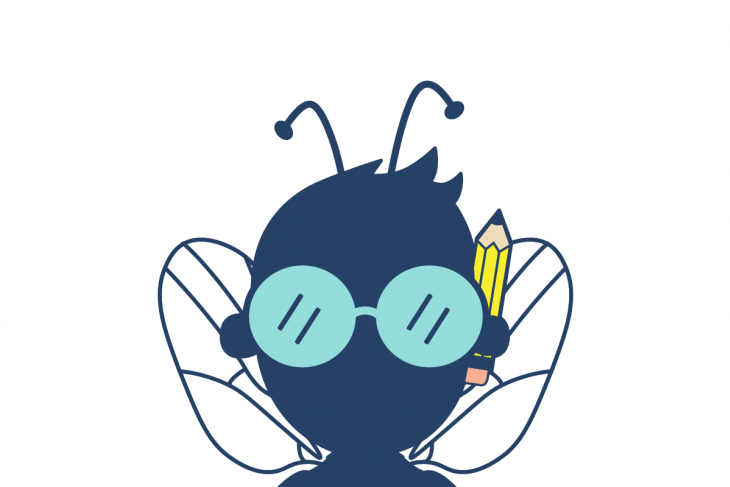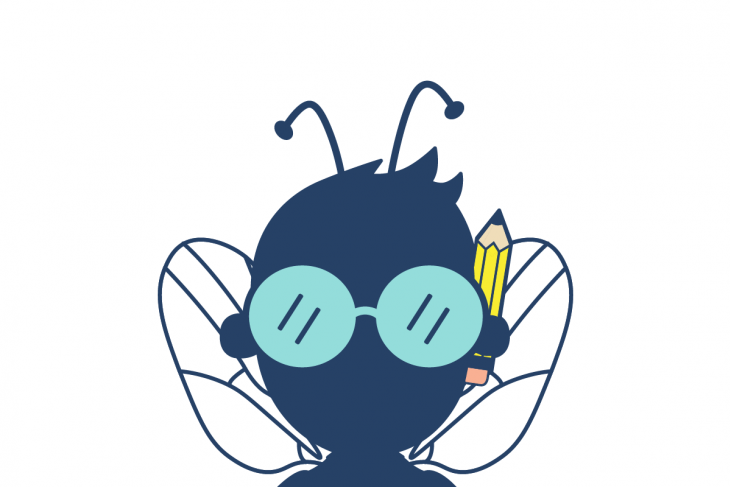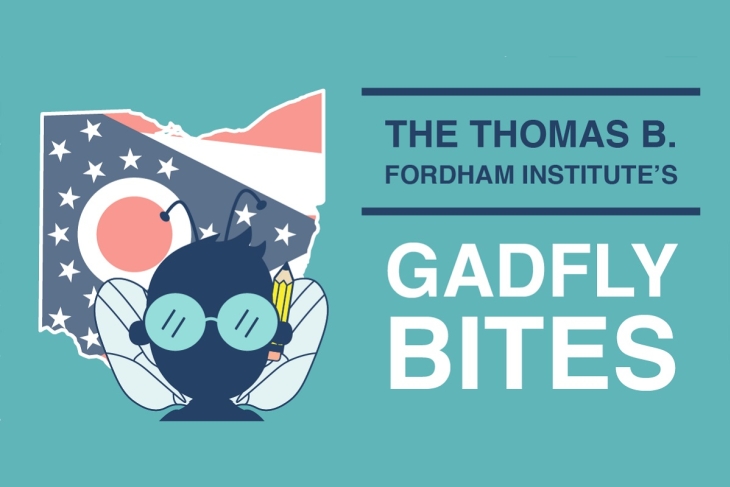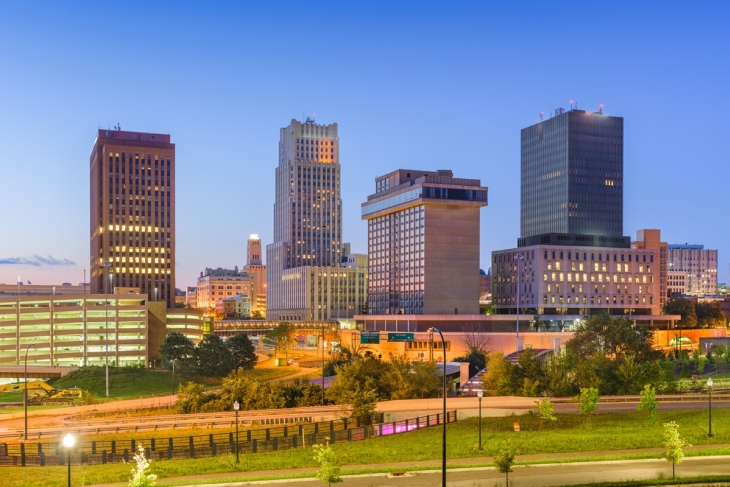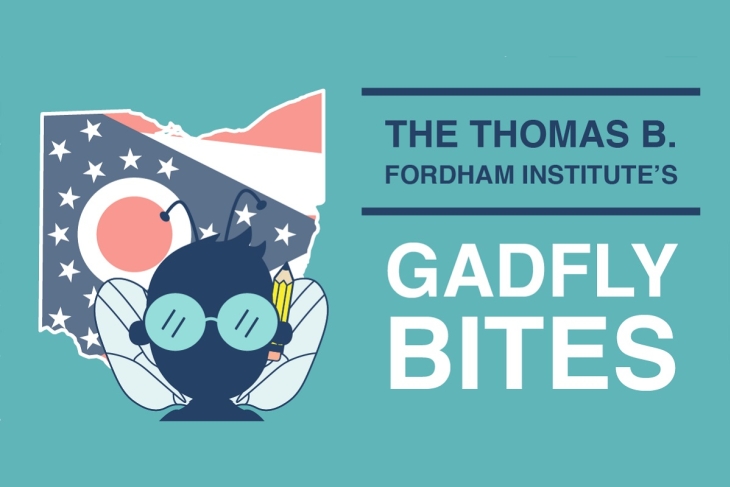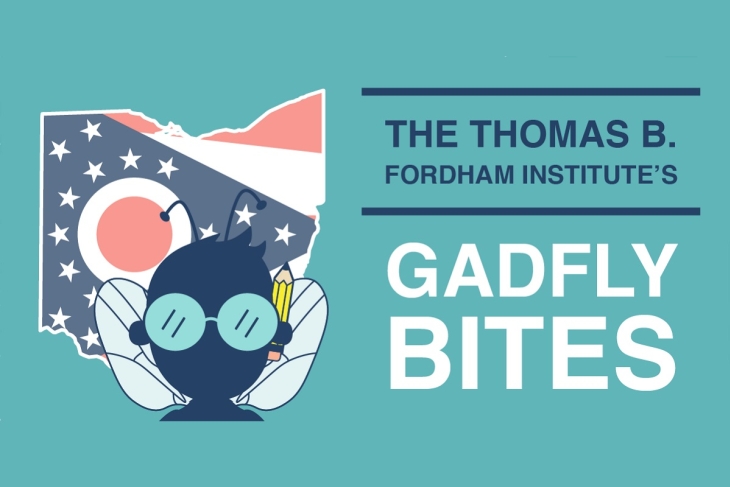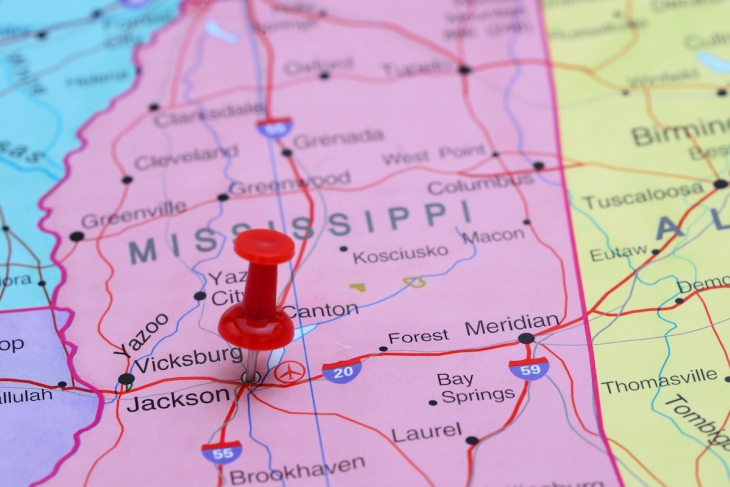Cheers
- Advocates in California killed a controversial bill that would have eliminated performance assessments as teaching licensure requirements. —EdSource
- The stars of this year’s Olympic Games? Nerds and geeks. —Sally Jenkins, Washington Post
- School districts in Colorado are redesigning their gifted programs to better identify promising candidates, especially among students of color and students from low-income families. —Chalkbeat
- Despite some shortcomings, liberalism continues to shine as the superior philosophy of governance. But strong civic education is key to keeping it going. —Jonathan Rauch, Persuasion
Jeers
- A spike in verbal and physical aggression from students is driving teachers out of their schools, if not out of the profession entirely. —Education Week
- OpenAI created a tool to reliably detect when someone uses ChatGPT to write an essay or research paper, but so far, the company has refused to release it. —Wall Street Journal
